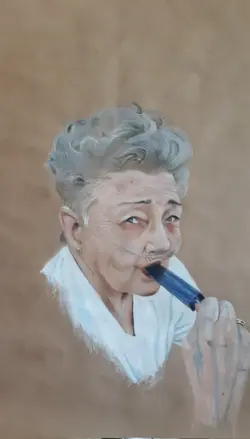407370
Been spending a lot of time on here!
- Joined
- Jan 18, 2014
- Messages
- 1,185
- Reaction score
- 832
- Location
- Sussex
- Can others edit my Photos
- Photos OK to edit
Any photo can be manipulated and any photo (manipulated or not) can be used to fit someones personal agenda.
I have a minimal social media footprint for the purpose of avoiding this kind of scrutiny or becoming a victim of my own posting.
The example that took my breath away was of a high school girl being accused of "casual racism" because she was wearing a Chinese silk dress without actually being Chinese!!
Haters gonna hate but there seems to be an increase in hate on the internet and every posting on social media is fuelling that hate with perceived evidence.
Deep fakes are getting easier to produce every day. Anyone used LUMINAR AI yet?? its awesome but scary to think what a motivated individual could do to a photo just to post "EVIDENCE" on social media which could ruin someone's life.
I have a minimal social media footprint for the purpose of avoiding this kind of scrutiny or becoming a victim of my own posting.
The example that took my breath away was of a high school girl being accused of "casual racism" because she was wearing a Chinese silk dress without actually being Chinese!!
Haters gonna hate but there seems to be an increase in hate on the internet and every posting on social media is fuelling that hate with perceived evidence.
Deep fakes are getting easier to produce every day. Anyone used LUMINAR AI yet?? its awesome but scary to think what a motivated individual could do to a photo just to post "EVIDENCE" on social media which could ruin someone's life.






![[No title]](/data/xfmg/thumbnail/42/42061-9f4eb186c434652d6587c8bcdde59502.jpg?1734176463)





